Your Essential Guide to a Healthy 7-Day Meal Plan for Athletes
Athletes need a well-balanced diet that fuels their performance, aids in recovery, and maintains overall health. In this guide, we'll walk you through a healthy 7-day meal plan, designed specifically for athletes. This plan focuses on delivering the right nutrients at the right times, ensuring optimal athletic performance throughout the week. Let’s dive into the key elements of a well-rounded diet plan that caters to an athlete's unique nutritional needs.
Why is a Healthy Diet Crucial for Athletes?

A healthy diet is essential for athletes because it directly impacts their performance, recovery, and overall health. Consuming the right nutrients helps in muscle repair, reduces the risk of injury, and boosts energy levels. A well-planned diet ensures that athletes get the necessary macronutrients and micronutrients to sustain their training regimens and improve their athletic outcomes.
Key Elements of a Healthy 7-Day Meal Plan
A balanced meal plan for athletes should include the right combination of carbohydrates, proteins, fats, and other nutrients to meet the demands of intense physical activity.
Pre-Workout Nutrition: Fueling Your Performance

Before a workout, it’s crucial to consume foods that provide quick energy. Carbohydrates are the primary source of energy for athletes. A meal rich in complex carbs and moderate in protein, consumed 2-3 hours before exercising, helps maximize glycogen stores, enhancing performance and endurance.
Post-Workout Nutrition: Recovery and Muscle Repair
Post-workout nutrition is all about recovery. Consuming a mix of protein and carbohydrates within 30 minutes after exercising helps in muscle repair and replenishes glycogen stores. This post-workout meal is crucial for reducing muscle soreness and preparing the body for the next training session.
7-Day Diet Plan for Optimal Athletic Performance
This 7-day diet plan is designed to provide the essential nutrients athletes need to perform at their best while promoting overall health.
Day 1 - Focus on Carbohydrate Loading

Breakfast: Oatmeal with bananas and honey
Lunch: Grilled chicken breast with quinoa and steamed vegetables
Dinner: Whole wheat pasta with marinara sauce and lean ground turkey
Snacks: Apple slices with peanut butter, whole-grain crackers
Carbohydrate loading is essential on the first day to ensure the body has sufficient glycogen stores for intense workouts.
Day 2 - Protein and Recovery
Breakfast: Scrambled eggs with whole-grain toast
Lunch: Tuna salad with mixed greens and avocado
Dinner: Grilled salmon with sweet potato and steamed broccoli
Snacks: Greek yogurt with berries, protein smoothie
Protein is vital for muscle repair and recovery, making it the focus of Day 2.
Day 3 - Healthy Fats for Sustained Energy

Breakfast: Avocado toast with poached eggs
Lunch: Chicken stir-fry with mixed vegetables and brown rice
Dinner: Baked trout with roasted almonds and green beans
Snacks: Almonds, chia seed pudding
Healthy fats provide sustained energy and are crucial for endurance athletes.
Day 4 - Antioxidant-Rich Foods for Recovery

Breakfast: Smoothie with spinach, berries, and protein powder
Lunch: Turkey and spinach wrap with hummus
Dinner: Grilled chicken with roasted beets and quinoa
Snacks: Mixed berries, dark chocolate
Antioxidants help reduce inflammation and promote faster recovery.
Day 5 - Focus on Iron-Rich Foods

Breakfast: Fortified cereal with skim milk
Lunch: Lentil soup with a side salad
Dinner: Beef stir-fry with bell peppers and brown rice
Snacks: Dried apricots, pumpkin seeds
Iron is essential for oxygen transport and energy production, especially for endurance athletes.
Day 6 - High Fiber and Gut Health

Breakfast: Whole-grain cereal with flaxseeds
Lunch: Quinoa salad with chickpeas and mixed vegetables
Dinner: Grilled chicken with roasted Brussels sprouts and sweet potato
Snacks: Apple with almond butter, carrot sticks
Fiber promotes gut health, which is crucial for nutrient absorption and overall health.
Day 7 - Balanced Day for Overall Nutrient Intake
Breakfast: Smoothie with banana, spinach, and protein powder
Lunch: Grilled chicken Caesar salad
Dinner: Baked cod with quinoa and steamed asparagus
Snacks: Mixed nuts, yogurt with honey
Key Principles of an Athlete's Diet
Macronutrient Balance: Importance of Carbs, Proteins, and Fats
A balanced intake of macronutrients—carbohydrates, proteins, and fats—is essential for sustaining energy, building muscle, and maintaining overall health.
Hydration: Role of Water and Electrolytes in Performance
Proper hydration is crucial for athletes. Water and electrolytes like sodium and potassium are necessary to maintain fluid balance and prevent dehydration during intense physical activity.
Timing of Meals: Importance of Meal Timing Around Workouts
Meal timing plays a significant role in an athlete's performance. Consuming meals and snacks at the right times can enhance energy levels, improve recovery, and optimize overall performance. Here’s a quick breakdown of the ideal meal timing around workouts:
- 2-3 hours before: A balanced meal rich in carbs and moderate protein for sustained energy.
- 30-60 minutes before: A light snack high in quick-digesting carbs for an energy boost.
- During workout (for sessions over 1 hour): 30-60 grams of carbs per hour to maintain energy levels.
- Within 30 minutes to 2 hours after: A carb-protein meal (3:1 ratio) to aid muscle recovery and replenish glycogen stores.
Supplements: Role of Supplements Like Protein Powder, BCAAs, and Multivitamins
Supplements like protein powder, BCAAs, and multivitamins can enhance an athlete's diet by filling nutritional gaps and supporting muscle repair, endurance, and overall health.
Tips for Sticking to the Plan
Sticking to a healthy 7-day meal plan can be challenging, especially with a busy schedule. Here are some tips to help you stay on track:
- Meal Prep: Prepare your meals in advance to save time and avoid unhealthy choices.
- Stay Hydrated: Always keep a water bottle with you to ensure you stay hydrated throughout the day.
- Snack Wisely: Choose healthy snacks that complement your meals and support your athletic goals.
- Listen to Your Body: Adjust your meal plan based on how your body responds to different foods.
Supplements for Athletes: Enhancing Your Diet with Explosive Whey
Supplements for athletes can be a valuable addition to an athlete's diet, especially when specific nutrient needs are not met through food alone. Protein powders like Explosive Whey provide a convenient way to boost protein intake, supporting muscle growth and recovery. BCAAs (Branched-Chain Amino Acids) help in muscle repair, while multivitamins ensure you get all the necessary vitamins and minerals.
Conclusion
Maintaining a healthy diet is crucial for athletes to perform at their best and stay injury-free. This 7-day meal plan provides a balanced approach to fueling your body, ensuring you get the right nutrients at the right times. Stick to the plan, make adjustments as needed, and you’ll see significant improvements in your performance and overall health.
FAQs
Q1) What is the best time to eat before a workout?
It's best to eat 2-3 hours before a workout to ensure you have enough energy without feeling too full.
Q2) Can I modify the 7-day meal plan based on my dietary restrictions?
Yes, you can modify the plan to suit your dietary needs by substituting equivalent nutrient sources.
Q3) How important are supplements for athletes?
Supplements can help fill nutritional gaps, but they should complement, not replace, a balanced diet.
Q4) Is it necessary to follow the meal plan exactly as outlined?
No, you can adjust the plan based on your specific energy needs and preferences.

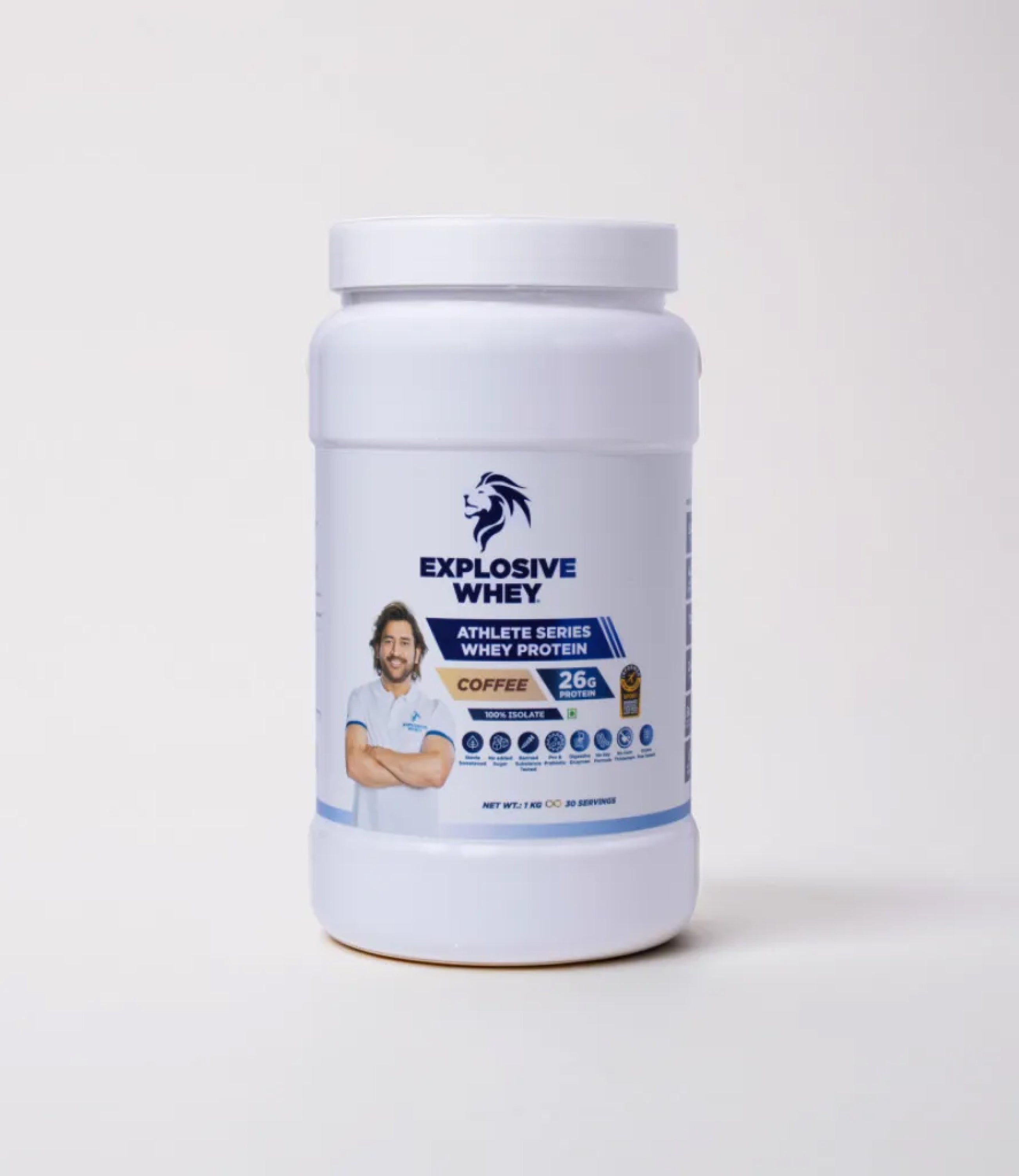
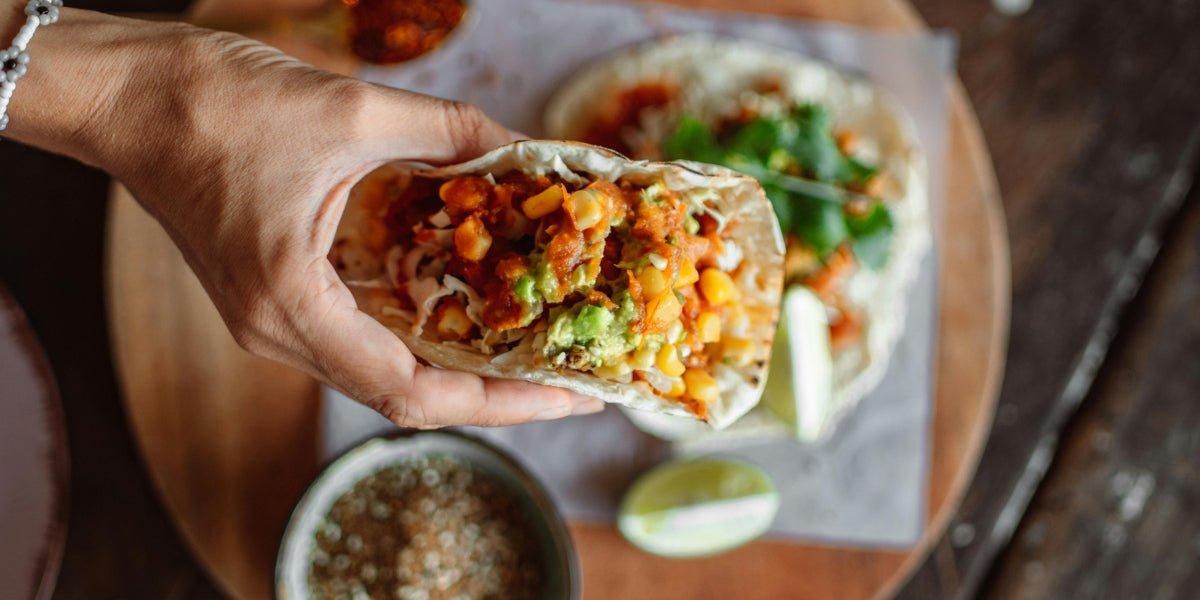

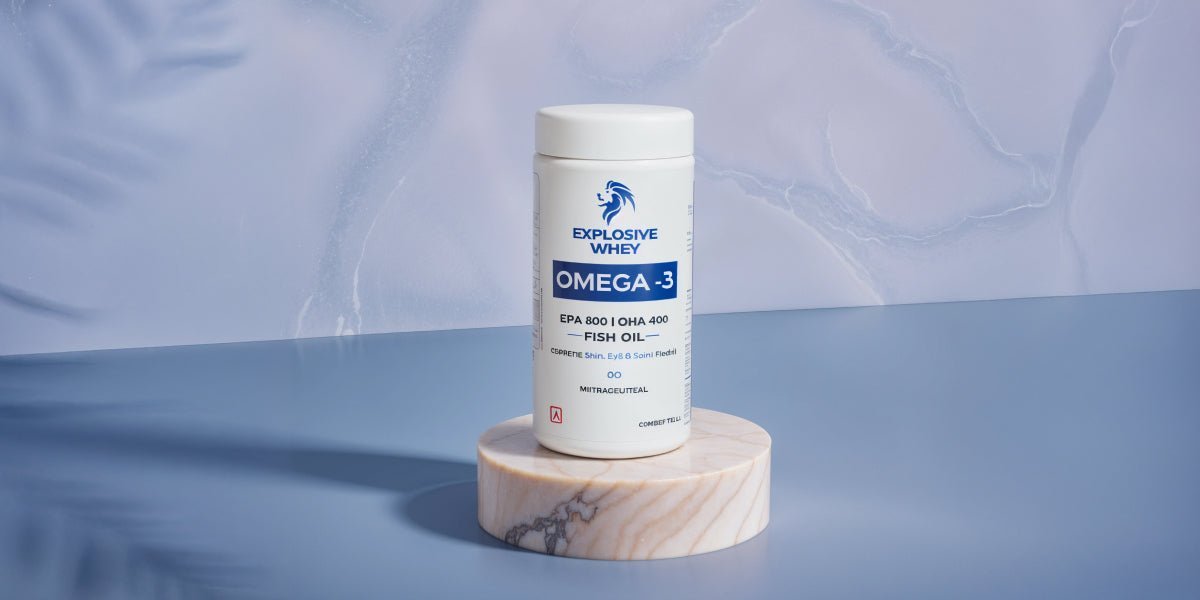
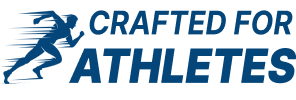
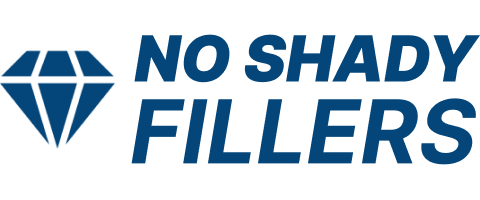

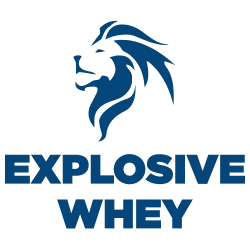

Leave a comment
This site is protected by hCaptcha and the hCaptcha Privacy Policy and Terms of Service apply.